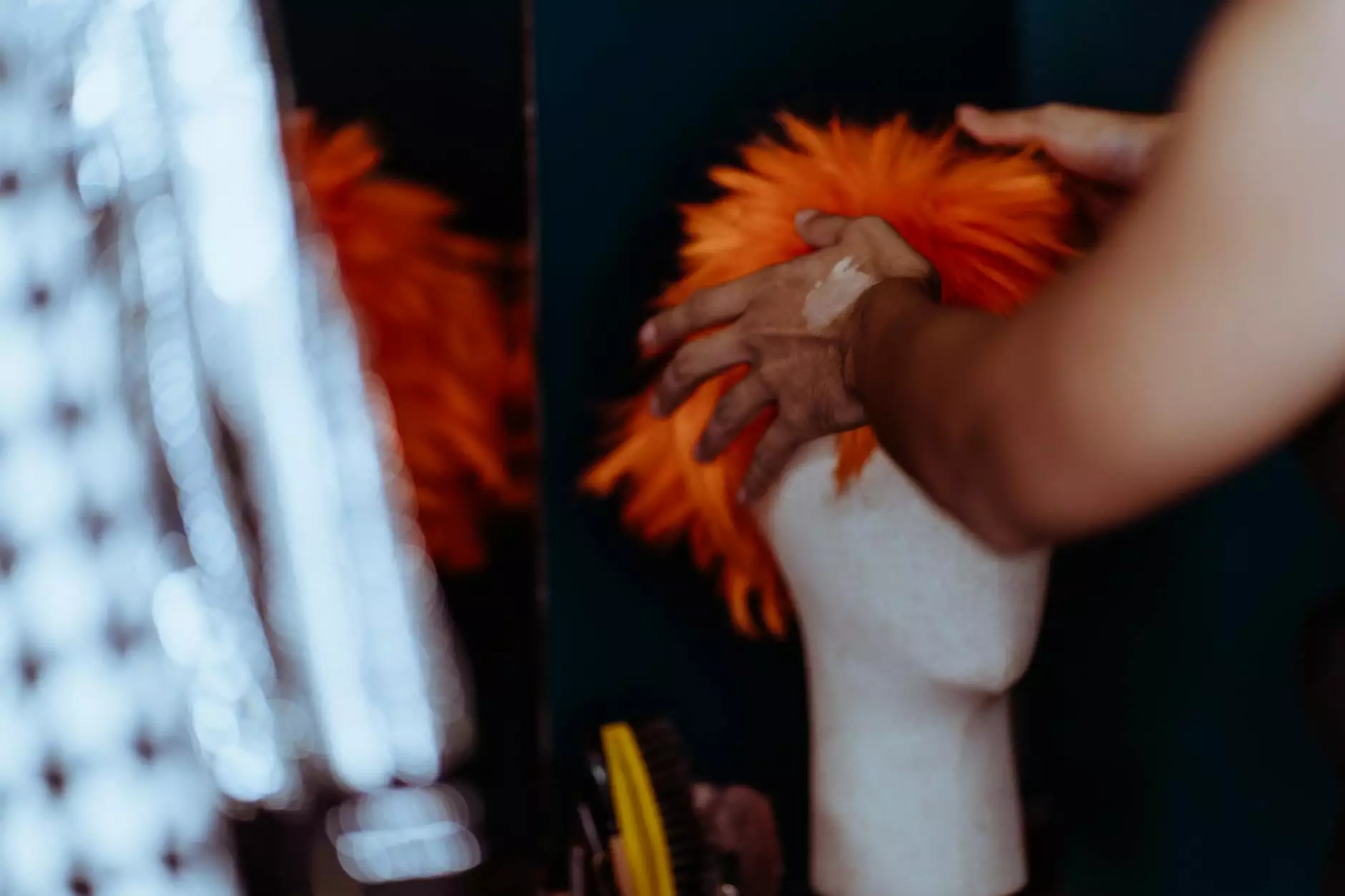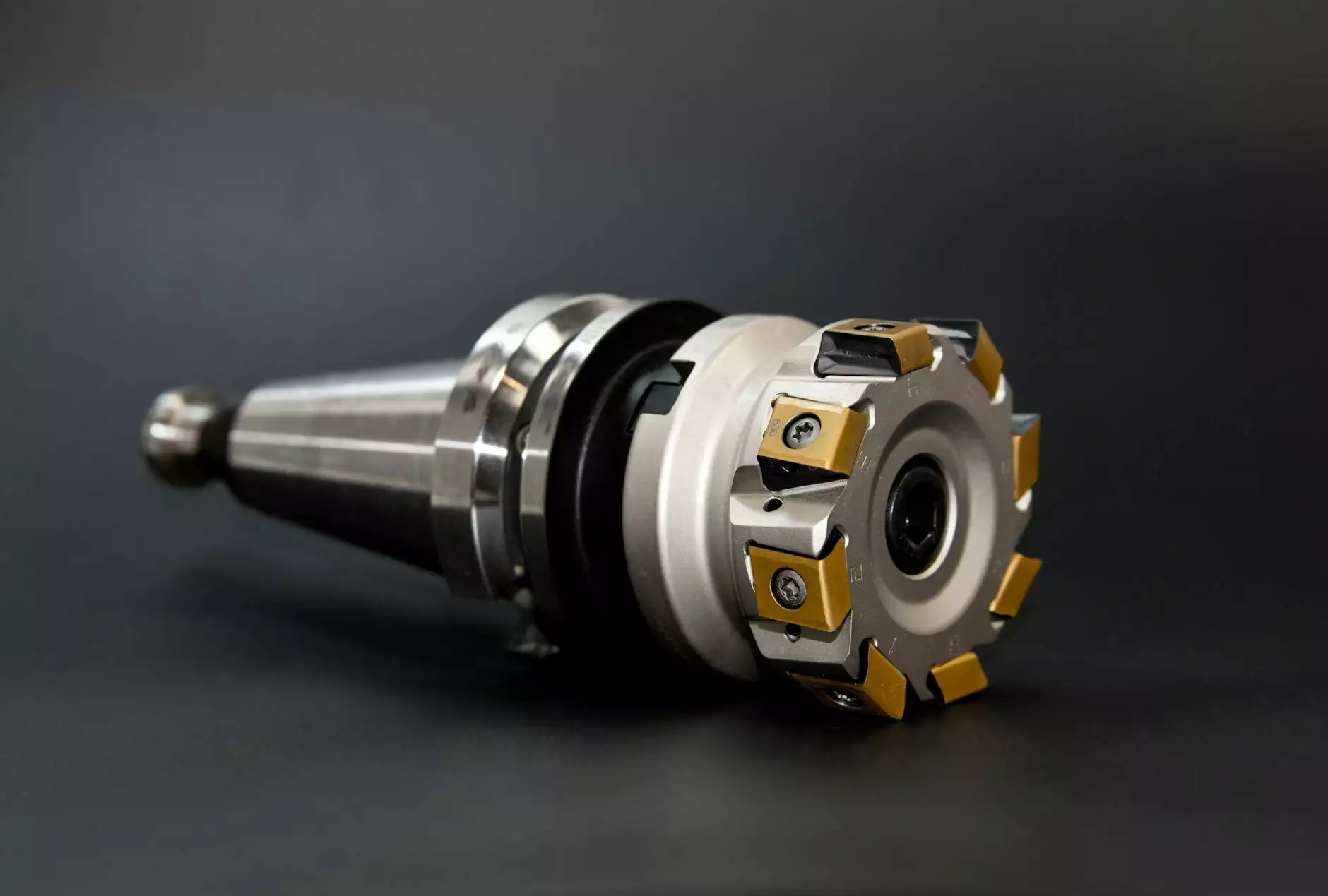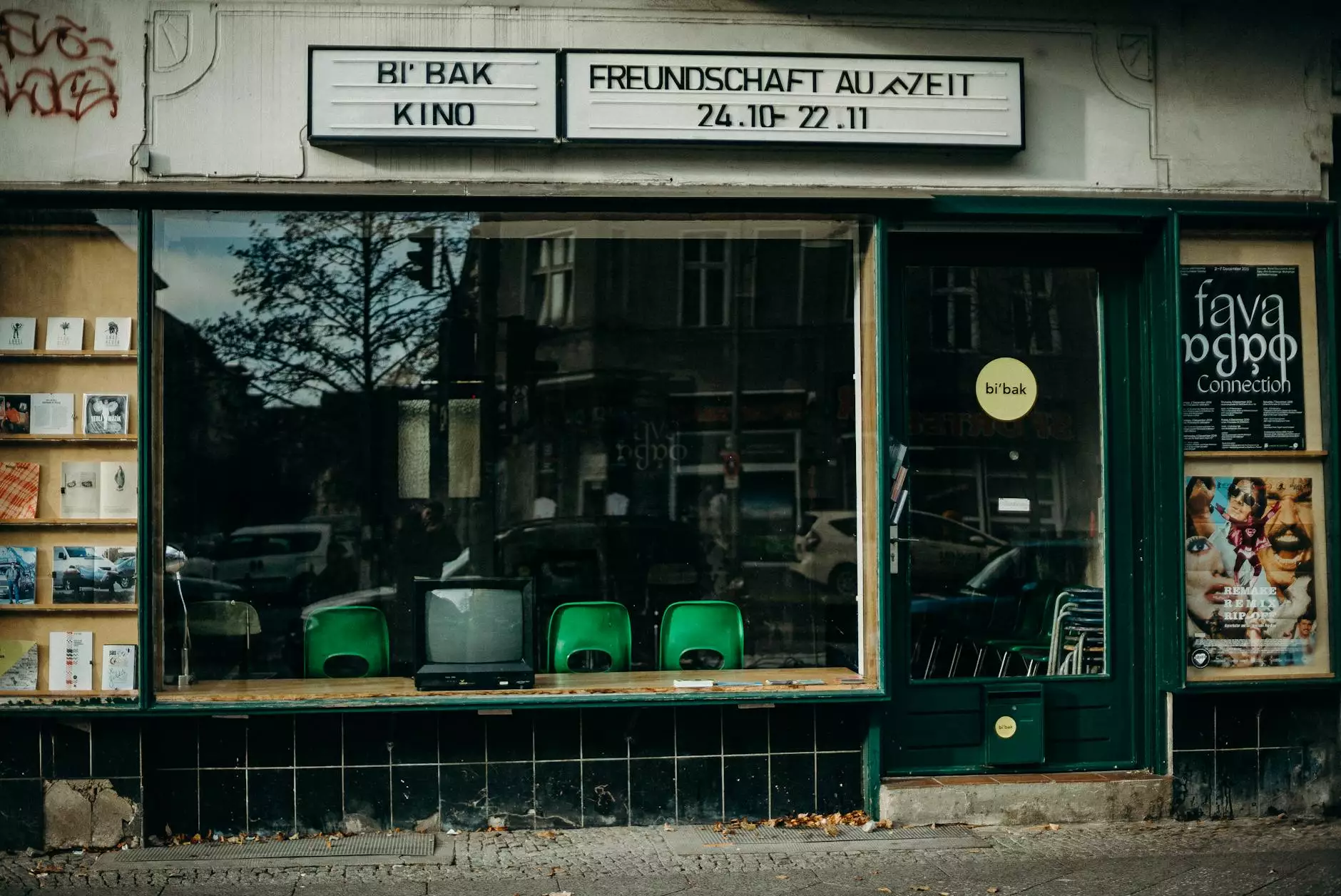The Art and Business of Making Fake Drivers Licenses

Introduction
When it comes to the world of driving schools and the issuance of legitimate driver's licenses, there is a fascinating yet controversial aspect that often goes under the radar - the business of making fake drivers licenses. While this topic may raise ethical concerns, it's essential to understand the dynamics at play, the implications it has on the industry, and the reasons behind its existence.
Understanding the Market
The market for fake driver's licenses is a complex and intricate one, influenced by various factors such as demand, legal regulations, and technological advancements. In recent years, the proliferation of online platforms and sophisticated printing techniques has significantly increased the accessibility and quality of these illicit products.
Driving Schools and Licensing Authorities
Driving schools play a crucial role in the ecosystem of fake drivers licenses, as they serve as both a source of legitimate licenses and potentially as an unintentional gateway to the fraudulent market. It's important for these institutions to uphold the integrity of the licensing process to prevent abuse.
Legality and Ethical Concerns
The production and distribution of fake driver's licenses raise serious legal and ethical questions. While some individuals may seek these falsified documents for legitimate reasons such as identity protection or privacy concerns, the majority of cases involve criminal intent such as underage drinking, identity theft, or fraud.
The Technology Behind Fake Licenses
Advancements in technology have blurred the lines between authentic and fake driver's licenses. From high-quality scanners and printers to advanced graphic design software, counterfeiters have honed their craft to create near-perfect replicas that can deceive even the most trained eye.
Implications for the Industry
The existence of a thriving market for fake driver's licenses poses challenges for both the driving schools and the licensing authorities. By undercutting the legitimacy of the licensing process, these counterfeit documents erode trust in the system and potentially compromise public safety.
Regulatory Response
In response to the growing threat of fake driver's licenses, regulatory bodies around the world have intensified their efforts to combat this illicit trade. Stringent penalties and enhanced security features on official licenses are among the measures implemented to deter counterfeiters and protect the integrity of the licensing system.
Conclusion
While the business of making fake driver's licenses may continue to thrive in the shadows, it's crucial for stakeholders in the driving school industry to remain vigilant and proactive in safeguarding the legitimacy of the licensing process. By understanding the complexities of this issue and taking appropriate measures, we can uphold the integrity of the system and ensure the safety of all road users.









